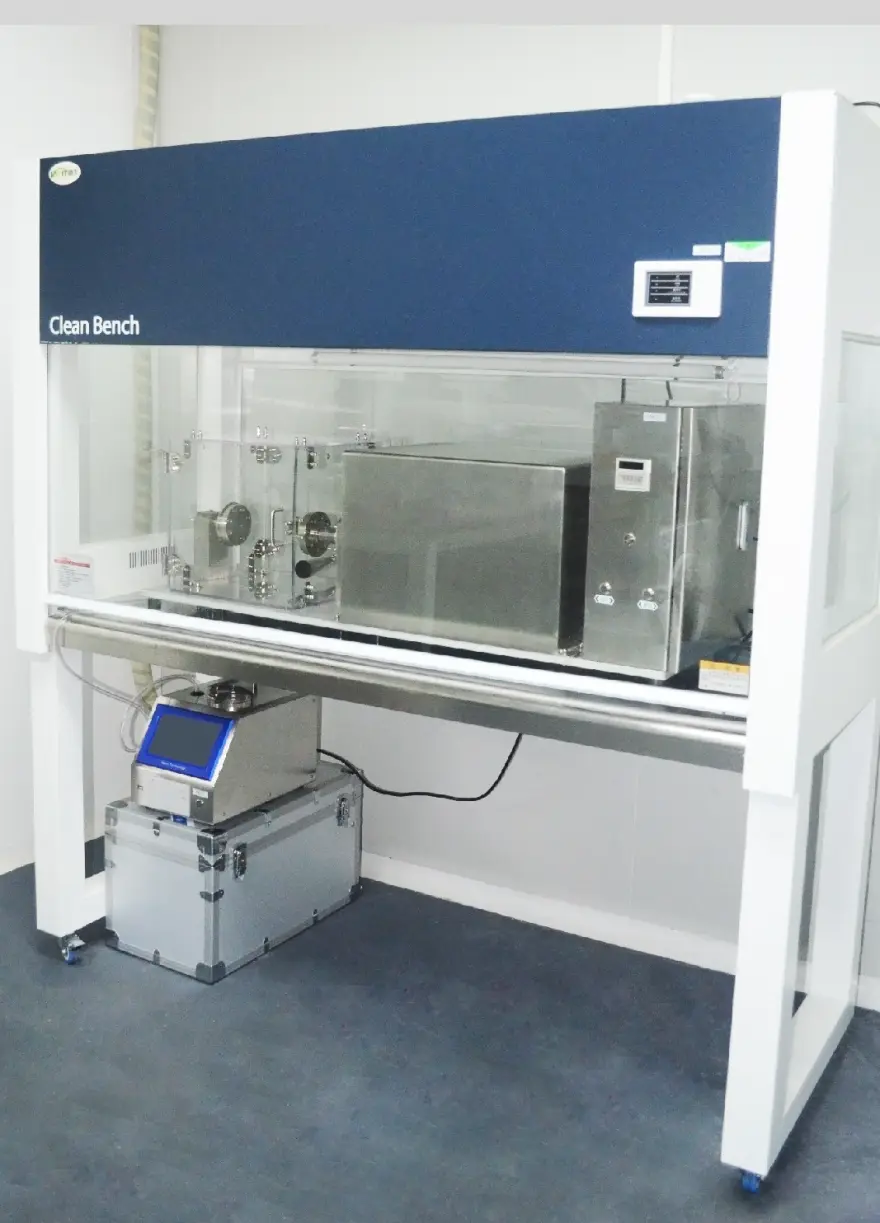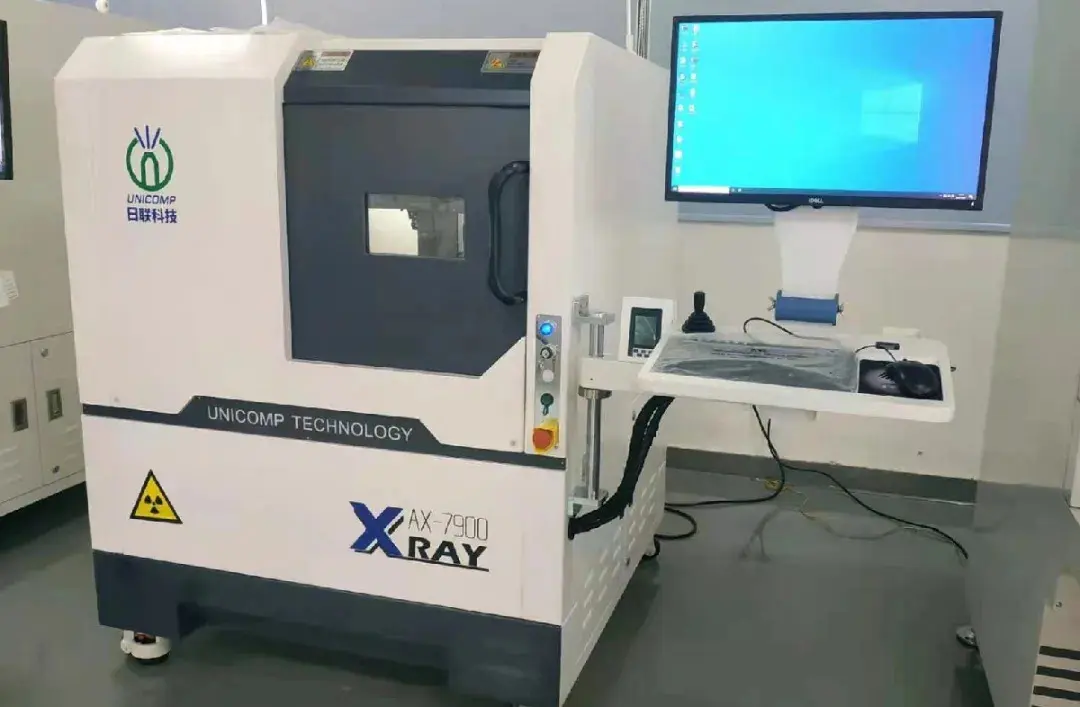
What is FDA Certification in the United States?
Did you know? To sell products such as food, cosmetics, and pharmaceuticals on Amazon's U.S. platform, you need to consider not only product packaging, shipping, pricing, and marketing but also obtain approval from the U.S. Food and Drug Administration (FDA). Only products registered with the FDA can enter the U.S. market, avoiding the risk of being removed from sale.
Compliance and quality assurance are key to successful exports, and obtaining FDA certification is the "passport" to the U.S. market. So, what is FDA certification? What types of products need to be registered with the FDA? This issue will provide an in-depth explanation.
What is FDA Certification?
The FDA, or Food and Drug Administration, is the highest law enforcement agency authorized by the federal government, specializing in food and drug management.
FDA certification aims to ensure that products sold in the U.S. market meet FDA's safety, efficacy, and quality standards. As one of the world's most stringent regulatory agencies, FDA certification in the food and drug fields is widely recognized internationally.
The FDA is also recognized as one of the world's largest food and drug management agencies. It is part of the U.S. Department of Health and Human Services, responsible for managing drugs, food, biological products, cosmetics, veterinary drugs, medical devices, and diagnostic supplies nationwide.
FDA certification is a set of standards and regulations issued by the FDA and is a mandatory condition for products to conduct business in the U.S. market. If a company wants to sell related products in the U.S. market, obtaining FDA certification is a necessary condition to comply with laws, regulations, and quality standards.
Strictly speaking, there is no "FDA certification." Generally, FDA certification mainly refers to the following three types: FDA registration, FDA testing, and FDA approval.
1. FDA Registration: Companies exporting food, drugs, and medical devices to the U.S. must register with the FDA, listing both the company and the product. Without this registration, customs will not clear the goods. This is a mandatory requirement.
2. FDA Testing: This refers more to safety testing of food contact materials, testing of packaging in contact with products, biocompatibility testing of medical products, clinical safety testing, etc.
3. FDA Approval: This generally applies more to drugs, allowing the drug to be marketed.
What Products Require FDA Certification?
1. Food and Dietary Supplements
- Foods and beverages, including processed foods, packaged foods, frozen foods, etc.
- Dietary supplements such as vitamins, minerals, herbal extracts, etc.
2. Cosmetics
- Color additives for cosmetics, such as hair dyes, cosmetic pigments, etc.
- Skin moisturizers and cleansers, such as facial cleansers, skincare creams, etc.
- Cosmetic nail polish, perfumes, etc.
3. Medical Devices
- Masks and protective equipment, including surgical masks, N95 masks, gloves, etc.
- Prescription and over-the-counter drugs, such as tablets, ointments, eye drops, etc.
- Human vaccines and biological products, such as vaccines, plasma products, etc.
- Dental equipment and materials, such as dental drills, dental filling materials, etc.
- Surgical implants and artificial organs, such as artificial joints, pacemakers, etc.
- Prosthetics and assistive devices, such as prosthetic limbs, hearing aids, etc.
4. Laser Radiation Products
- Microwaves and microwave equipment.
- X-ray equipment, such as medical X-ray machines.
- Sunlamps and tanning equipment.
5. Veterinary Products
- Veterinary drugs, including prescription and over-the-counter drugs for animals.
- Pet food, such as cat food, dog food, etc.
- Livestock feed and veterinary medicines.
6. Tobacco Products
- Cigarettes and cigarette tobacco.
- Roll-your-own and cigar tobacco.
- Smokeless tobacco, such as chewing gum, snuff, etc.
Types of FDA Registration
1. Cosmetic Registration
- Factory Registration: First, apply for an account. After FDA confirmation, submit the registration and wait for FDA approval.
- Product Registration: Product registration requires factory registration first, then submitting product ingredients. The cost of ingredient registration increases with the number of ingredients.
Successful cosmetic registration will result in a company registration number and a CPIS product ingredient record number (similar to food registration, it needs to be viewed in the backend and cannot be directly queried).
2. Food FDA Registration
- Step 1: Confirm if the product falls under FDA food control.
- Step 2: Choose a U.S. agent (US AGENT).
- Step 3: Prepare English information for the company and products.
3. Medical Device FDA Registration
- Includes company registration and product listing.
- After registration, the relevant information can be queried on the FDA website using the appropriate registration number, query code, or company name.
- Successful registration will result in three numbers:
1. Medical Device Facility Registration Number (Registration or FEI Number).
2. Owner/Operator Number.
3. Product Listing Number.
Additionally, there are FDA testing reports for food contact materials, FDA registration for laser products, and FDA registration for drugs and daily necessities.
Main Aspects and Procedures Involved with FDA
1. New Drug Approval: Pharmaceutical companies need to submit a New Drug Application (NDA) to the FDA and undergo FDA review and approval to ensure the safety and efficacy of new drugs. The FDA will evaluate clinical trial data, manufacturing processes, label information, etc.
2. Medical Device Market Approval: Companies manufacturing and selling medical devices need to submit a market approval application to the FDA to ensure the devices meet FDA safety and performance standards. This includes different categories of devices, such as Class I, Class II, and Class III devices, requiring varying levels of FDA review.
3. Approval of Food Additives: Food manufacturers need to submit applications for new food additives to the FDA for approval, proving their safety for human health.
4. Regulation of Cosmetics and Cosmetic Ingredients: Cosmetic manufacturers need to ensure their products and ingredients comply with FDA regulations, but specific FDA approval is generally not required. The FDA regulates the labeling and ingredients of cosmetics.
5. Food Safety and Hygiene Regulation: The FDA is responsible for regulating the safety and labeling information of food. This includes food additives, food packaging, and the registration and inspection of food production facilities.
FDA Certification Process
Step 1: Determine Product Classification and Category
Different categories of products need to meet different standards and regulations. The FDA classifies products into three main categories: drugs, medical devices, and food/cosmetics. According to different product categories, the FDA will execute different certification and inspection procedures.
Step 2: Develop a Plan and Schedule
This plan should include laboratory testing, demonstrations, manufacturing, production approval, etc., to ensure the entire certification process proceeds smoothly and that all testing and demonstration materials meet FDA standards and regulations.
Step 3: Prepare and Submit the Application for Review
The application should include all necessary information and materials to demonstrate that the product meets FDA standards and requirements. The FDA requires applicants to submit an application file, which should include the following documents:
1. Product description (explaining the product's use, ingredients, production process, etc.).
2. Samples (providing typical product samples for FDA testing and evaluation).
3. Laboratory test reports (including chemical, physical, and biological test results).
4. Clinical trial results (required for drugs or medical devices).
5. Production and quality control plans.
6. Production approval certificates.
After submitting the application, the FDA will conduct a preliminary review to determine if it meets FDA standards and requirements. If the application passes the preliminary review, the FDA will schedule a visit to the applicant company and conduct an on-site review. If the review is successful, the FDA will approve the product for sale and issue an FDA certification certificate.
Is a U.S. Agent required for FDA registration?
Yes, Chinese applicants must appoint a U.S. citizen (company/organization) as their agent when registering with the FDA. This agent is responsible for process services in the U.S. and acts as the intermediary between the FDA and the applicant.
The responsibilities of a U.S. agent include assisting with communication between the FDA and foreign institutions and arranging inspections.
How to check FDA certification?
Log in to the FDA website and enter the relevant registration number to check.
FDA official website: [www.fda.gov](http://www.fda.gov)
FDA official query website: [accessdata.fda.gov/scri](http://accessdata.fda.gov/scri)
Does FDA require testing by designated laboratories?
The FDA is an enforcement agency, not a service agency, so it does not have public serviCE certification institutions or laboratories, nor does it have "designated laboratories." The FDA only recognizes the GMP quality of service testing laboratories and issues qualification certificates to qualified ones.
What is the validity period of FDA registration?
1. Cosmetic FDA Registration: Company registration is valid for 2 years, and product registration is valid for 1 year. Once registered, cosmetics can be sold in the U.S., whether manufactured locally or imported, subject to relevant regulatory committee regulations.
2. Medical Device FDA Registration: Valid for one year, requiring annual renewal in October. According to FDA modernization regulations, all companies involved in the production, preparation, propagation, compounding, assembly, processing, or import/export of medical devices must register with the FDA.
3. Laser Radiation FDA Registration: Valid for one year, requiring annual renewal in July. Laser products include laser pointers, laser presenters, laser displays, products containing laser units (e.g.,
DVD, CD-ROM, CD players, laser printers), and safety protection and rescue products.
4. Drug FDA Registration: Valid for one year, requiring annual renewal in October. All factories involved in the diagnosis, treatment, symptom relief, or handling of diseases must register with the FDA and declare all ingredients.
5. Food FDA Registration: Renewed every two years. All U.S. and non-U.S. companies involved in the manufacture, processing, packaging, or storage of food or food ingredients for U.S. consumption must register with the FDA.
In general, the role of the FDA is to ensure that various products in the market comply with relevant regulations and standards to protect public health and safety.
Sellers who sell food contact materials (kitchenware, water cups, etc.), cosmetics, drugs, health products, and other product categories on the U.S. platform generally need to provide FDA testing reports.
To maintain a stable, long-term, and healthy development of your store, product safety and compliance are essential. If you need FDA certification compliance services, feel free to email us.
Email:hello@jjrlab.com
Write your message here and send it to us
 Packaging Validation ISO 11607 Test Report
Packaging Validation ISO 11607 Test Report
 What is the ISO 11607-1 Packaging Validation Test?
What is the ISO 11607-1 Packaging Validation Test?
 How to get an ISO 11737-1 Test Report?
How to get an ISO 11737-1 Test Report?
 Orthopedic Implant Cleanliness Testing
Orthopedic Implant Cleanliness Testing
 What is ISO 10993-23:2021 Irritation Testing?
What is ISO 10993-23:2021 Irritation Testing?
 ISO 10993-23 Irritation Testing Laboratory
ISO 10993-23 Irritation Testing Laboratory
 EMI Emissions Testing
EMI Emissions Testing
 EMC Standards for Medical Devices
EMC Standards for Medical Devices
Leave us a message
24-hour online customer service at any time to respond, so that you worry!




